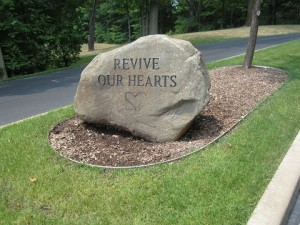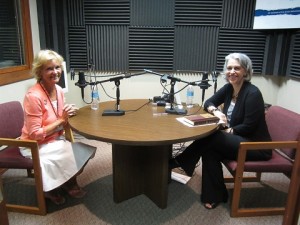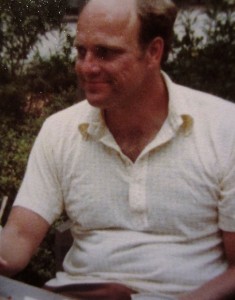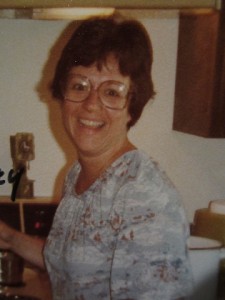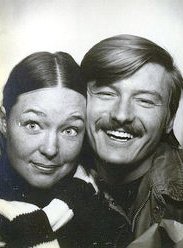I cut my spiritual teeth on the old King James Version of the Bible, so most of my memorizing as a youngster was done in old English. I related best to the many word pictures in Scripture, and one of them I still recite goes like this: “Cast thy bread upon the waters: for thou shalt find it after many days.”
Mom explained it this way: “You should throw your bread on the water, and eventually it’ll come back to you… buttered.”
That didn’t clarify a whole lot for me, but I figured if God could smear butter on wet, soggy bread and send it back, he must be an incredible guy.
I was close.
The bread-verse is simply God’s unique way of saying if we let go of something we want to control, willingly putting it into his care, he’ll eventually put it into better condition than it was when we let it go. And today I had a buttered-bread-back experience related to this little blog site.
After the Lord prompted me to start posting 3 years ago, he morphed the site into a blog that encouraged widows, then caused a widow-friend to tell another widow about it, who contacted me about writing a book. She “happened” to have influence at a publishing company and put me in touch with an editor, who coaxed me to ask for endorsements, which put me in touch with Nancy Leigh DeMoss, who today recorded a week’s worth of radio programs (with me), challenging widows to seek encouragement through my little book and offering it as the resource on her radio broadcast, “Revive Our Hearts.”
Nancy Leigh has a global listening audience of multiple thousands, which means widows all over the place will be encouraged, and suddenly I understood about the buttered-bread. Embarking on widowhood was a project I never wanted, but as the above chain of events began to unfold, my nervousness pushed me to hand the whole lot over to God (i.e. casting it on the waters), knowing that if I didn’t, I would surely make a mess.
And so it became his blog, his book, his broadcast, his everything. In my ineptness, I knew I could trust God to take care of the things I knew I couldn’t. And as he always does, he followed through exactly as he said.
The Lord is teaching me to put whatever I “have” into his care, without hesitating. But so often I waver. How come? It’s probably because I want to retain control. Of course none of us has the control we think we do, whether it’s our schedules, our investments, our influence, our children, our husbands, or anything else. We don’t control them today, and won’t tomorrow.
Maybe the smartest thing to do, then, is to throw it all on the waters and trust that the God of buttered bread will do the rest.
“Cast thy bread upon the waters: for thou shalt find it after many days.” (Ecclesiastes 11:1)


